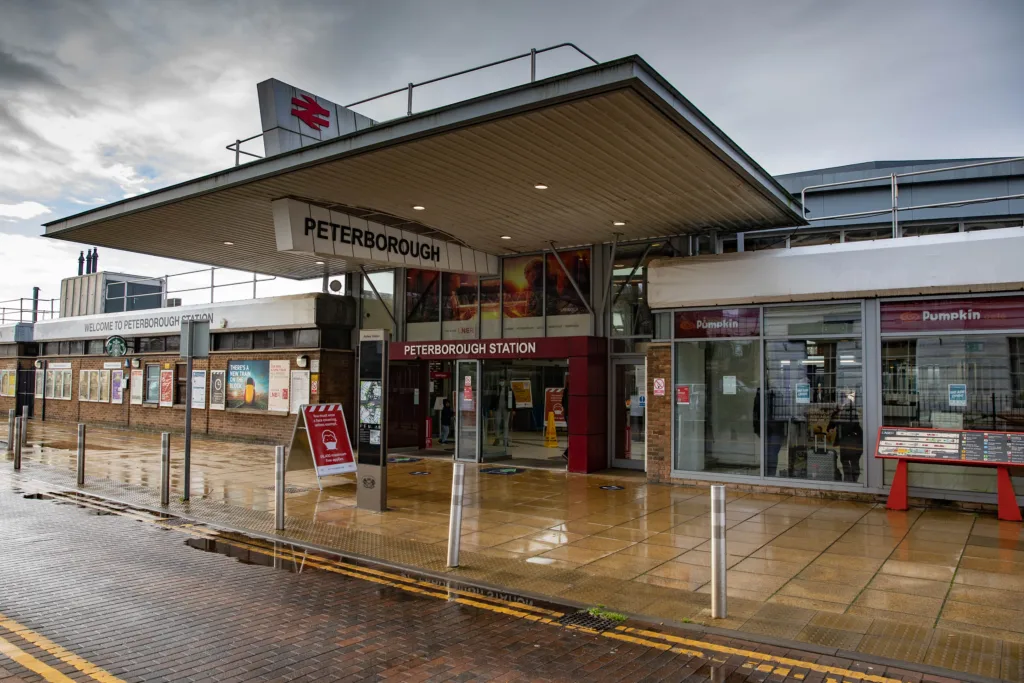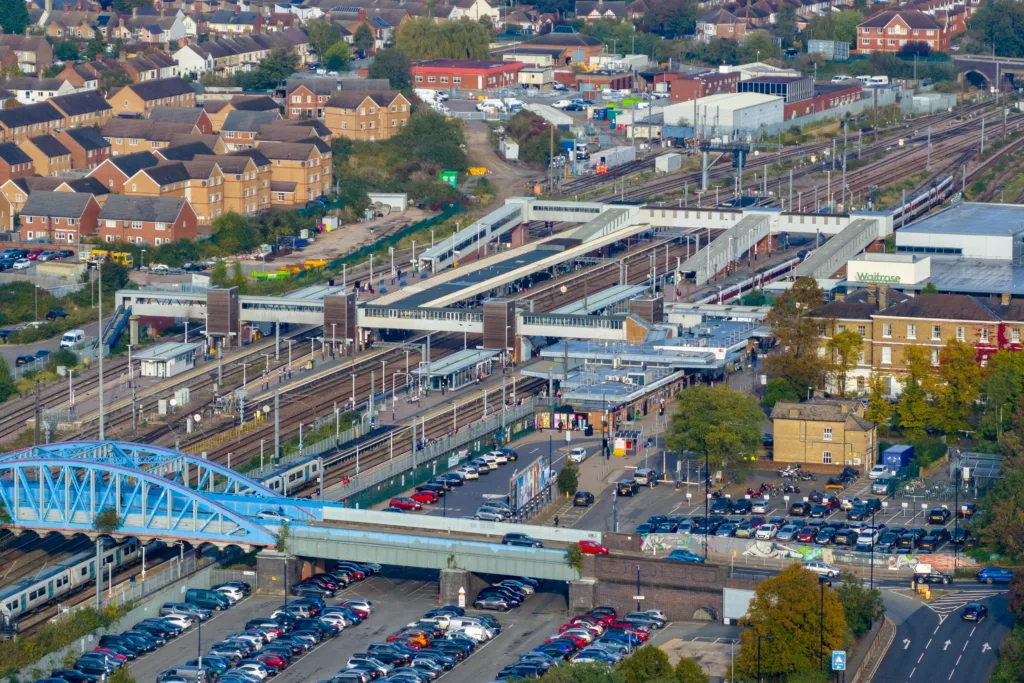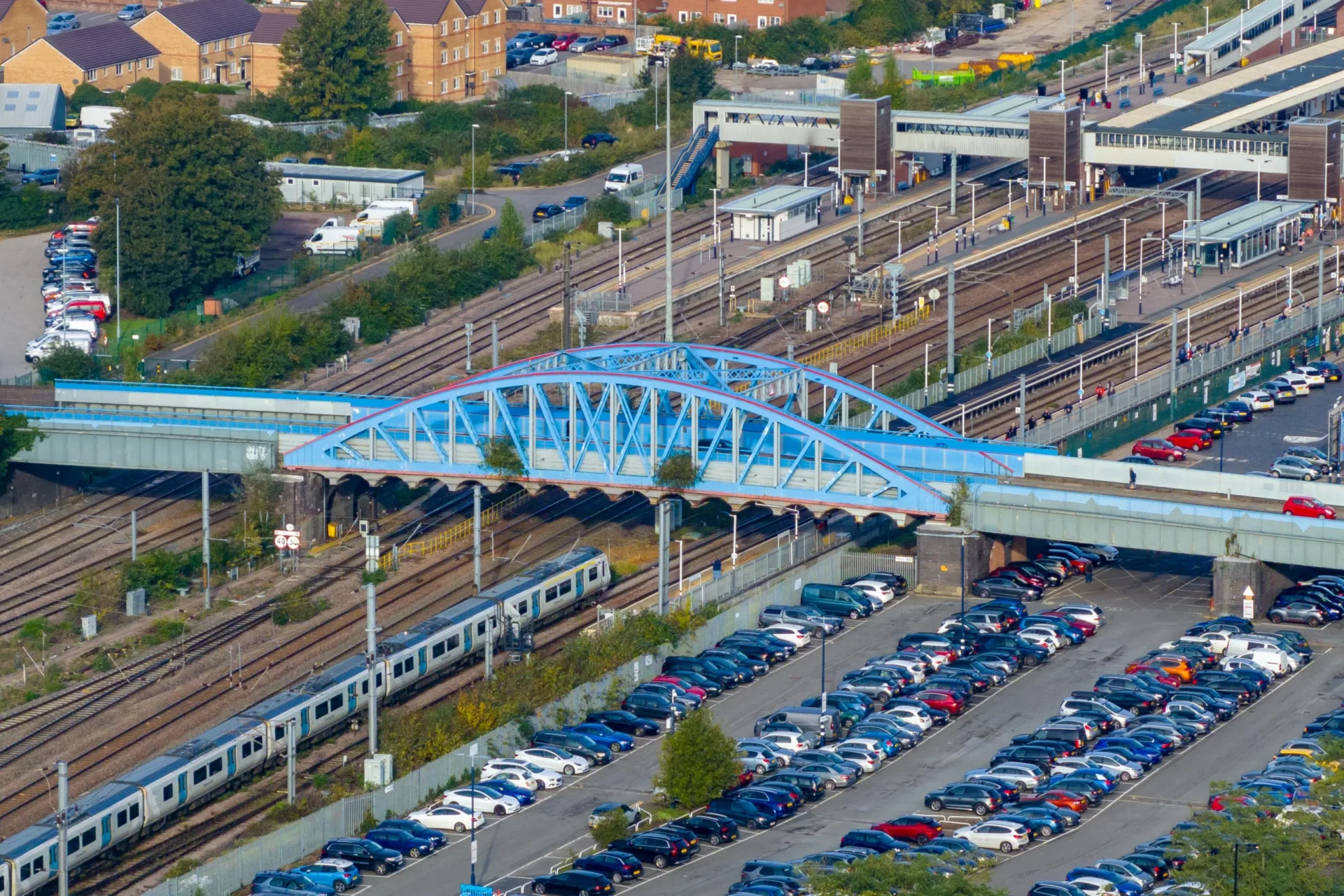Rail operator Grand Central has been given permission to use Peterborough station which means two existing daily services each way between Yorkshire, the North East and King’s Cross can stop at Peterborough between Monday and Saturday. It is a major breakthrough for Grand Central, which is described as an open-access passenger train operator.
The rationale behind the company – formed in 2007 – has been to compete on service and value for money to attract customers.
“Our customers consistently rate us as one of the best train companies in the country – in Spring 2020 we were ranked as the best in Britain for customer satisfaction (95%), as well as value for money (74%),” it boasts on its website.
“When you choose to travel with Grand Central you choose rail travel as it should be – reliable, relaxing and with exceptional service. “
The Office of Rail and Road (ORR) gave the go-ahead for Grand Central to serve Peterborough railway station.
“We support new open access where it delivers competition for the benefit of passengers and can fit alongside existing services without unduly impacting performance on the network,” said an ORR spokesperson.

“In making this decision, we have weighed this up against the impact on Government funds and effect on other users of the railway.”
Stephanie Tobyn, director, strategy, policy, and reform said: “Open access services promote competition on the rail network and give passengers more choice about how they travel.
“With passenger numbers still not quite recovered following the pandemic, it’s important that the network provides options for all as the industry looks to increase passenger journeys.
ORR says it plays a crucial role in overseeing competition on the railway and says it will continue to assess open access applications to offer greater consumer choice, value, and performance.
Grand Central currently holds no access rights to stop its services at Peterborough, and talks with Network Rail have been going on for more than a year.
Grand Central told rail regulators that new services would make use of ‘slack’ in the timetable and there would be limited impact on journey times.
LNER, who will now compete with Grand Central for passenger revenue at Peterborough, opposed the application.
Grand Central, however, maintain that their services already pass through Peterborough station, and indeed sometimes stop there without being permitted to allow passengers to board or alight.
Therefore, it claims, most operational requirements are already in place and performance is unlikely to be adversely affected.
ORR says that although the proposal represents a small increase in service provision, their policy sets the expectation that of an economic review on any new open access services which would compete with franchised services “and so may impact on the public sector funder’s budget”.
But it believes new open access services can offer new travel opportunities for users and create competition on existing flows.
“However, greater competition can also mean a loss of revenue for the services operated by existing operators, for example public service operators,” it admits in their decision letter.
As part of their work, they reviewed revenue modelling submitted by both LNER and Grand Central and met with both parties to discuss their submissions.

In addition, they engaged an independent economic consultant before approving the new operator.
The ORR added that Grand Central argued that allowing these additional station calls would promote an efficient use of capacity.
“These station calls would utilise spare pathing time already built into the timetable and Grand Central advised that in some cases its current services already stop in the Peterborough platform (without allowing passengers to board),” says the ORR.
“Grand Central argued that this causes significant passenger disbenefits and potential safety concerns.
“We considered that it is in line with our statutory duties to encourage services that have sufficient pathing time or that already stop at station platforms to allow passengers to be better served and to attract new passengers to the railway.
“We viewed this as particularly relevant to our duties to ‘promote the use of the railway network in Great Britain for the carriage of passengers … to the greatest extent that it considers economically practicable’ and ‘promote efficiency and economy on the part of persons providing railway services’”.
The ORR concluded that it should “place a greater weight on the passenger benefits and improved use of capacity represented by this application” as opposed to the arguments for refusing it.


















